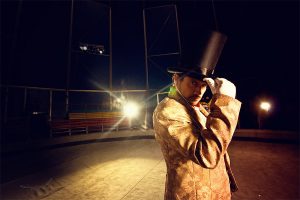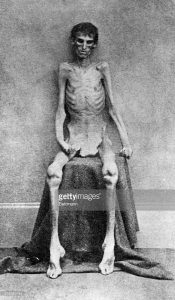Morsel – a small piece of food
https://www.merriam-webster.com/dictionary/morsel
I have encounter this word, while reading the “Hunger Artist” on page 1, on the second paragraph, it said “This was nothing but a formality, instituted to reassure the masses, for the initiates knew well enough that during his fast the artist would never in any circumstances, not even under forcible compulsion, swallow the smallest morsel of food; the honor of his profession forbade it. Not every watcher, of course, was capable of understanding this, there were often groups of night watchers who were very lax in carrying out their duties and deliberately hudled together in a retired corner to play cards with great absorption, obviously intending to give the hunger artist the chance of a little refreshment, which they supposed he could draw from some private hoard.” After understanding the definition of this word, it means to eat a small quantity of food.

In this picture she eating a small amount of food.






